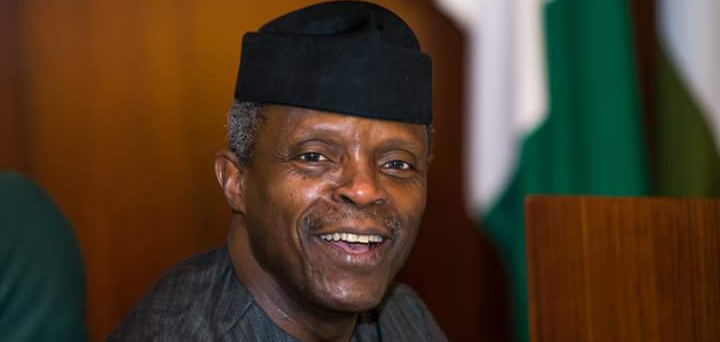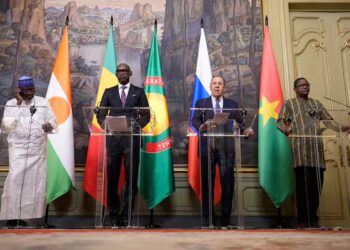Vice President Yemi Osinbajo (SAN) has said that the Federal Government’s vision to lift at least 20 million Nigerians out of poverty in the next two years is now within reach.
Prof. Osinbajo in a statement by presidential spokesman, Laolu Akande stated this yesterday in Abuja while flagging-off, virtually, the cash transfer scheme to be facilitated through a wholly technology-based approach called the Rapid Response Register (RRR).
His statement follows the successful activation of the Economic Sustainability Plan’s (ESP) Cash Transfer scheme aimed at delivering financial support to at least 1 million urban-based households using technology.
RRR is the means by which urban poor and vulnerable population can be speedily identified using geographic satellite technology and other related means for the purposes of delivering cash to households affected by the fallouts of the COVID-19 pandemic in the country.
According to the Vice President, “the groundbreaking success of the RRR, now emboldens us to achieve our aspiration of a social security programme for a minimum of twenty million Nigerians in the next two years. This will be the largest of its kind on the continent. This (aspiration) is, at least from the perspective of this tested approach, now well within our reach.
“The only constraint, of course, is the funding which we must look for because, this country deserves a social security scheme that will not merely alleviate poverty but also create wealth for the millions of those who are waiting for this opportunity.
“Our government launched the National Social Protection Policy (NSPP) in 2017 to provide the framework for institutionalizing the work we started since 2016 on reducing extreme poverty in Nigeria, based on our administration’s vision to create a comprehensive social security programme for the poor and vulnerable and thereafter the pledge to lift 100 million Nigerians out of poverty in ten years.”
The Vice President maintained that the launch of the RRR social protection method of targeting, which is the first strategy to be developed and tested in the Sub-Saharan Africa region, would enable Nigeria tackle poverty in a more systematic manner, leveraging technology to expand the scope of the interventions.




































